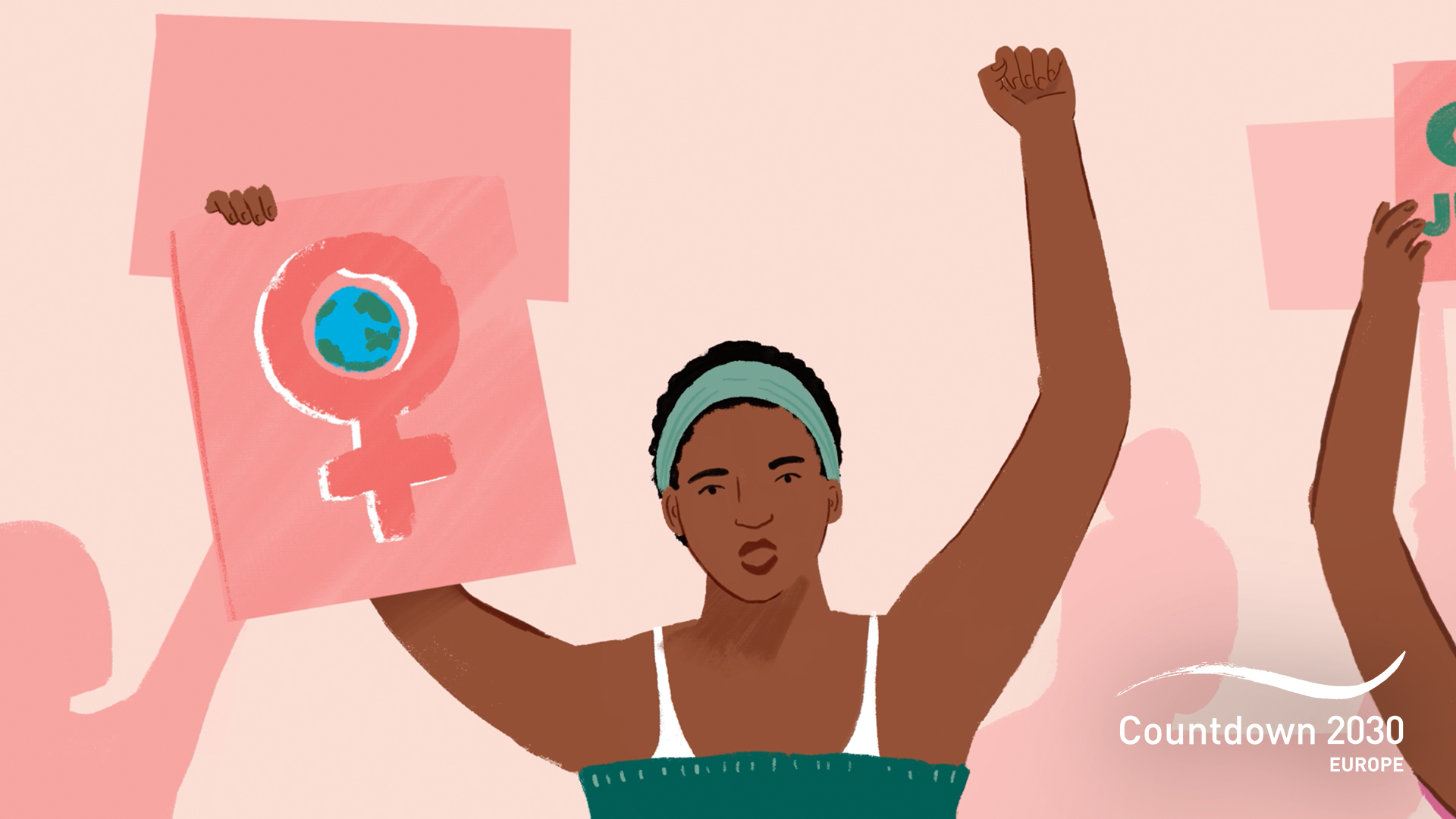Spotlight
A selection of resources from across the Federation

Abortion Care and Costs in Europe and Central Asia
IPPF EN carried out research into the economic burden that women face in accessing abortion care in Europe and Central Asia. This factsheet provides a snapshot of the findings.
Filter our resources by:


| 16 April 2021
The link between sexual and reproductive health and rights and the climate crisis
The climate crisis is one of the greatest challenges of our time. It threatens our planet, society, and economy. Climate-related emergencies, such as extreme weather conditions are increasing, which tend to hit women and girls harder because of gender discrimination and harmful social norms. In the aftermath of a disaster, there is a risk that girls are pulled from school to take care of the household, and when there is food stress or water shortage people will marry younger, with a higher percentage of girls ending up in early, forced, and child marriages. Rural women and girls, who are usually given the task of fetching water have to travel further to collect it. Increasing their already heavy workload and putting them at greater risk of gender-based violence. Healthcare is disrupted by erratic weather, eroding the advancement of sexual and reproductive health and rights, making women and girls more vulnerable to the impacts of the climate crisis. Sexual and reproductive health and rights play a crucial role in improving wellbeing, overcoming marginalisation and advancing gender equality. When women and girls have access to sexual and reproductive health and rights they have control over their bodies, and they can address unfair power relations in their lives and lead the response to the climate crisis. If we want to achieve climate justice, sexual and reproductive health and rights and gender equality have to be prioritised. Read our factsheet on the linkages between sexual and reproductive health and rights (SRHR) and the issues included in the European Green Deal.

| 09 December 2020
Girls connect to shape the EU-Africa partnership
Covid-19 didn’t stop us! This year, we did things slightly differently, we’ll did it the youth’s way! To mark the International Day of the Girl (11th October) our coalition of nine Civil Society Organisations joined forces for the eighth time, bringing together a group of close to 30 young advocates, from Europe and Africa, who connected online to share their recommendations with European Union decision-makers. This year’s EWAG focused on the relationship between the European Union (EU) and Africa. In the framework of EWAG the young advocates were provided a platform to speak out about how the EU-Africa partnership can reflect their aspirations and unlock their potential. The partnership reflected the points of views of both regions, allowing for mutual learning and joint and coordinated actions, especially on issues that affect girls and young women both in the EU and the Africa – such as sexual and gender-based violence (SGBV), Sexual and Reproductive Health and Rights (SRHR), Education and Economic Empowerment and Political Participation. Over the summer of 2020 the EWAG young advocates connected on several occasions to define their recommendations to the EU in four key areas. Throughout the course of October, in light of the International Day of the Girl, they spoke out to EU decision-makers on distinct challenges girls face based on their age and gender and how they believe the EU-Africa Partnership could address their concerns to make sure it truly makes a contribution to girls’ lives and their futures. These are their asks.

















